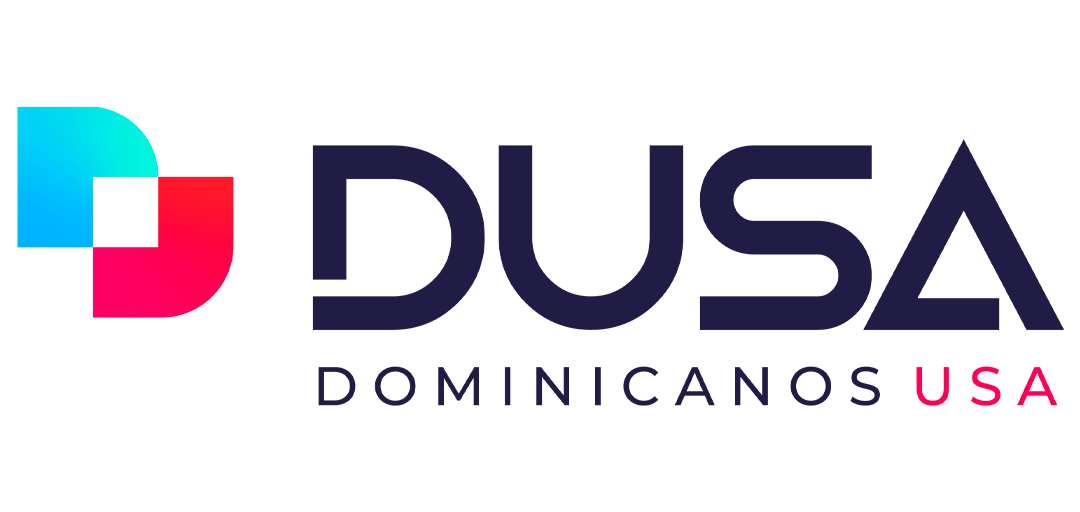
Count us in.
With the 2020 Census rapidly approaching, a borough-wide committee has been formed to help boost residents’ response rate in the national survey.
The Bronx 2020 Complete Count Committee, formed by the Office of Bronx Borough President Rubén Díaz Jr., will include elected officials, city entities, academic institutions and community leaders in an effort to ensure high turnout for the Census.
Díaz stressed that much is riding on the Census count, including the number of Congressional representatives for New York State, as well as critical federal financing.
“We’re going to lose resources, we’re going to lose funding, and we’re going to lose representation” if there is an undercount, Díaz said.
New York State receives roughly $73 billion each year from the federal government based upon Census data.
The committee had its kickoff on May 1 at the Bronx County Building, as Díaz brought stakeholders together for a roundtable discussion on the Census. He urged attendees to engage local residents to ensure they are counted.
“You who work with the community, we know that the people you come in contact with trust you,” he stated.

Among those in attendance were the New York Public Library, YMCA, Bronx Clergy Task Force, Catholic Charities, BronxWorks, Bronx Ecuadorians, NMIC, Bangladeshi-American Community Council, Fordham University, Bronx Community College and Hostos Community College.
Díaz was joined by Julie Menin, the city’s Census Director and by Lisa Moore, Assistant Regional Census Manager for the U.S. Census Bureau.
During the last U.S. Census in 2010, the response rate in the Bronx was under 60 percent, Menin said, far below the national average of 76 percent.
“What does that mean? The residents of the Bronx lost out on millions of dollars of funding for public schools, Medicaid, senior centers, free lunch programs, subways — you name it, that program depends on every member of the Bronx filling out the Census,” she said.
Díaz called his borough’s response rate to the last Census “unacceptable” and said Bronx County was the fourth worst county in New York State for 2010 Census replies.
“What happened in 2010 cannot happen again,” he said. “The Bronx must be counted.”
Moore explained that Census invitations will begin going out in mid-March of 2020. Households will have the ability to respond online, by phone, or by mail.
This will be the first time that the U.S. Census will be conducted online.

Moore said that 13 languages will be supported for online and phone Census taking, with 59 languages being supported through paper forms.
“We get one chance every ten years to get it right, and I’m confident with all the local leaders here today, we will do just that for New York and the Bronx,” Moore said.
As part of his proposed executive budget, Mayor Bill de Blasio announced he was allocating $26 million for Census outreach, the first time the city has provided funding for the Census office.
The city will be giving grants to community-based organizations for help with Census outreach, Menin said, and adding up pop-up centers in public libraries and other locations in every neighborhood.
Moore noted that the Census Bureau has a slew of job openings — the agency the will be offering $25-per-hour jobs to help with the Census, and would be staffing two offices in the Bronx, which need managers and support staff. All job applicants must be 18 or over.
“We need members of the community to work within their communities,” she said.
She also said the bureau will be partnering with the Mayor’s Office to sponsor 15 job fairs at NYCHA facilities.
Eddie Cuesta, National Executive Director of Dominicanos USA, a group that helps residents to register to vote and engage in other civic activities, said the community partners involved in the Bronx 2020 Complete Count Committee are vital. He called on allies to make computers available to help people complete the Census.
“The people trust the community organizations. We need these groups, we need libraries, but also colleges in our borough to offer their computers. A lot of people don’t have internet access at home,” he said. “People might need help with the application, someone to walk them through it.”

Lauren Bush, Manager of Government and Community Affairs for the New York Public Library (NYPL), said all frontline staff across 216 branches will be trained regarding the Census, including the Queens Public Library and Brooklyn Public Library systems.
“You can walk into any branch across the entire city and access a computer, you can ask a question, pick up the paper form,” Bush said. “We are trying to focus on the hardest [areas] to count. Midtown Manhattan is not going to have the same level of need as the South Bronx. So, we’re trying to be smart about that and figure out ways to offer deeper levels of programming and support in particular neighborhoods.”
Bush stressed that NYPL will require additional computers to handle people who will use libraries to complete the Census online, and expressed concern that tax season will overlap with the Census period, as NYPL offers free tax prep services each year.
She said she is optimistic that libraries will receive some of de Blasio’s funding for Census outreach.
“We’re hoping that part of the community-based grants that they’re speaking of, that we’ll be part of that, but we don’t know yet,” she said.
Much of the roundtable discussion centered around the potential inclusion of a citizenship question on the 2020 Census and fears it could scare off undocumented immigrants from taking the survey. After district courts in New York, California and Maryland had blocked the Trump administration’s bid to add the citizenship question, the matter is currently being decided by the Supreme Court.

Díaz said if the citizenship question is included in the Census, he will personally leave it blank in protest, and called on New Yorkers to do the same, as failing to respond to one question will not invalidate the survey.
“I will ask everyone, whether you’re a citizen or not, not to answer that question,” he said. “If all of us answer nine out of ten questions, what are they gonna do? They still have to count all of us.”
Moore confirmed that skipping one question would not invalidate the survey, but did not back Díaz’s call for a citizenship question boycott.
“We don’t encourage skipping a question, but historically you can skip one and it will not trigger a follow-up,” Moore said.
Morrisania resident Audrey White served as a Census worker in 2010 and said that many Bronxites, especially immigrants, were fearful of completing that Census even though there was no citizenship question involved.

“They were concerned about what might happen to their information,” White said. “Many people questioned whether it would be shared with the government, especially if they were undocumented or had a criminal record.”
Moore stressed that all Census data is protected by the Title 13 federal law, which prevents the Census bureau from sharing information with federal, state and local law enforcement.
All responses are private and confidential and “can only be used for statistical purposes,” Moore said.
“We need each of you to share the message that the Census is safe,” she stated.
Menin remarked that the citizenship question was “an attempt to intimidate immigrant communities” and to “defund progressive cities by shifting funding to Republican states” with low immigrant populations.
“If you want to resist Trump,” said Menin, “honestly the best thing you could do is take the five minutes to fill the Census form out next year.”

